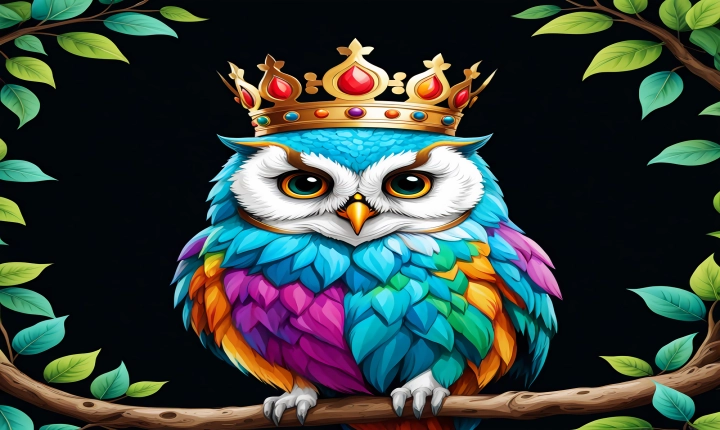Title: Exploring the Boundaries of Creativity: AI Experiments Revolutionize the Way We Think
The field of artificial intelligence (AI) has seen exponential growth and innovation in the past few decades. One of the most exciting developments in this area has been the use of AI to conduct experiments that push the boundaries of human creativity and problem-solving. With the ability to process vast amounts of data and recognize complex patterns, AI systems have opened new frontiers in fields such as art, music, and game design. These AI experiments have not only expanded our understanding of what is possible, but also challenged traditional notions of human ingenuity.
One of the most intriguing areas of AI experimentation is in the realm of art. Through deep learning algorithms and neural networks, AI systems are capable of generating original pieces of art that rival the work of human artists. By analyzing large datasets of artistic styles and techniques, AI can produce pieces that exhibit a remarkable level of creativity and expression. These AI-generated artworks have not only captured the attention of the art world but have also led to thought-provoking discussions about the nature of creativity and the role of technology in artistic expression.
In the sphere of music, AI experiments have also made significant strides. AI systems can now compose original pieces of music, mimicking the style of famous composers or creating entirely new genres. Through the analysis of countless musical compositions and patterns, AI can generate melodies, harmonies, and rhythms that are both innovative and emotionally resonant. This has the potential to not only revolutionize the music industry but also to challenge our perceptions of what it means to create and appreciate music.
Furthermore, AI experimentation has also had a profound impact on the world of game design. AI systems can be used to create intricate and immersive game environments, as well as to develop non-player characters (NPCs) with advanced levels of intelligence and decision-making. This has the potential to transform the gaming experience, as AI-generated content can offer unique challenges and narratives that adapt to the player’s actions. These AI experiments are not only reshaping the gaming landscape but are also raising questions about the boundaries between human and machine intelligence.
While AI experiments have yielded remarkable results, they have also sparked debates about the ethical and philosophical implications of these advancements. Critics argue that AI-generated creations may lack the depth and emotional resonance of human-made art, music, and games. Others raise concerns about the potential for AI to displace human creators and erode the value of human ingenuity. Additionally, there are ethical considerations surrounding the use of AI to generate content that imitates the work of living artists or to infringe upon intellectual property rights.
Despite these challenges, the ongoing exploration of AI experiments is reshaping our understanding of creativity and the boundaries of human achievement. These experiments have not only showcased the remarkable capabilities of AI systems but have also prompted us to reflect on the essence of creativity and the evolving relationship between humans and technology. As AI continues to advance, the possibilities for creative expression and problem-solving are sure to expand, revolutionizing the way we think and inspiring new forms of collaboration between human and machine.
